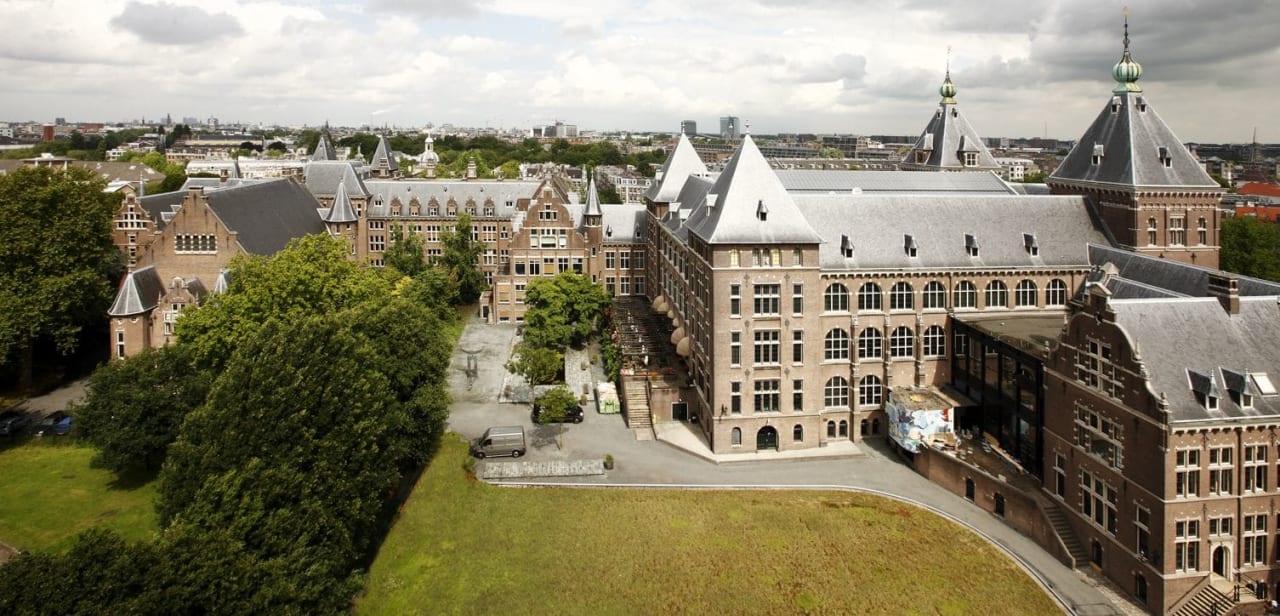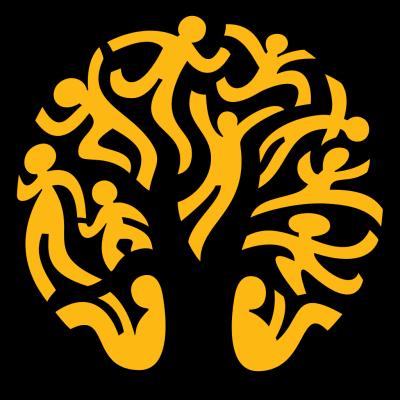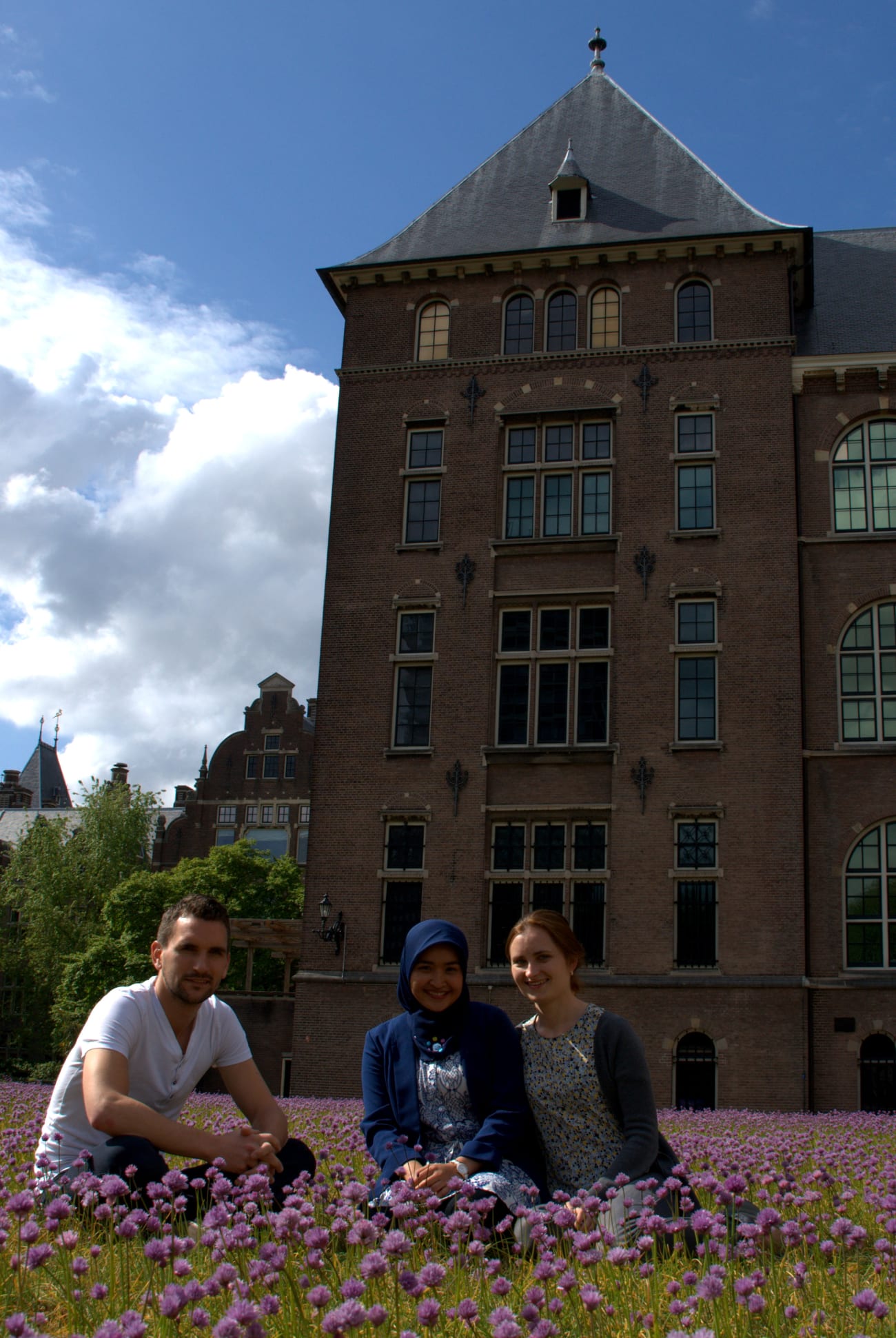
Royal Tropical Institute (KIT)

Introduction
While health improves globally, many are still being left behind by inequality. At KIT Health, we are committed to help narrow this gap. With a multi-disciplinary team of researchers, educators and advisors we are an innovative player in international and public health. KIT (Royal Tropical Institute) equips health professionals to address public health challenges around the world. We offer master programs and advanced courses at our training facilities in Amsterdam and through e-learning. In addition, we conduct regional, tailor-made training programs in countries around the world. By bringing together people from different countries and regions, KIT’s international courses create a forum for linking and exchanging experiences among a broad range of development practitioners.
Impact: Leaders in global health
Our training programs respond to current global developments in the health field. KIT’s courses are known for their practical applicability, the multidisciplinary approach, and the interactive, participatory training methods. Our training programs are aimed at developing effective leaders that that create impact in their home countries. Alumni of KIT obtain higher positions after graduating and contribute to health policy at district, regional and national level. They also pass on their knowledge to colleagues and local health professionals, and by teaching at universities and training institutes. As such we have a broad-based impact. In the past fifty years, over 3000 health professionals have studied at KIT. We are proud to be part of their professional journey in becoming leaders in health around the globe. Accreditation KIT’s Master's courses are given in cooperation with the Vrije Universiteit Amsterdam (VU) and are accredited the Dutch-Flemish Accreditation Organization (NVAO www.nvao.com). In addition, advanced courses are all accredited by tropEd, an international network of institutions for higher education in international health.
Why study at KIT?
- Up-to-date approach to complex public health issues
- Practice-oriented
- Exchange between disciplines
- Interactive education
- Development of personal and professional competencies
- Network building
- Personal tutoring
- Participants from diverse backgrounds and countries
- Teaching by highly qualified specialists
- Positively reviewed by tropEd
- KIT: international center of excellence in international health and development
- Accredited by NVAO
Gallery
Programs
- Analysing Disrupted Health Systems in Countries in Crisis (ADHS)
- Control Strategies for Communicable and Non-communicable Diseases (CCND)
- Core Course in Public Health and Health Equity (CCPH-HE)
- Course in Health Policy and Financing (HP&F)
- Course in Human Resources for Health (HRH)
- Course in Qualitative Methods in Health Systems Research (QHSR)
- Course in Sexual Reproductive Health and Rights: Organising Effective Responses (SRHResp)
- Course in Sexual and Reproductive health and Rights including HIV and AIDS (SRHR incl. HIV AIDS)
- GIS for Global Health
- Global perspectives on Digital Health
- Master of Science in Public Health and Health Equity (MPH-HE)
- Monitoring and Evaluation in a dynamic health environment (M&E) Course
- Monitoring and Evaluation of Health in a Dynamic Context (S&E)
- Sexual and Reproductive Health and Rights
- Sexual and Reproductive Health and Rights: Policy, Governance and Financing (SRHR POL)
- Strengthening Disrupted Health Systems (E-learning)



